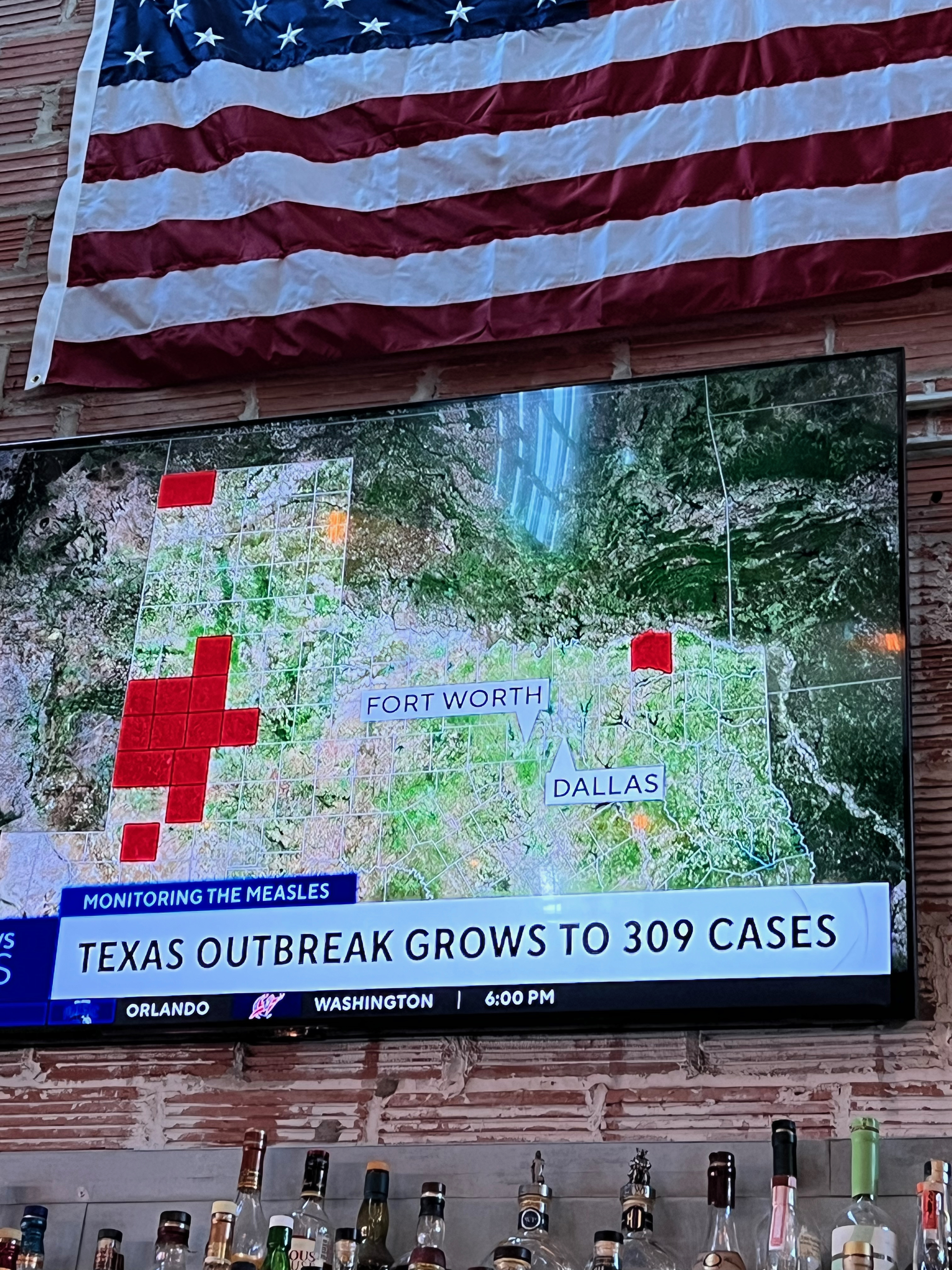The CDC has quietly updated its travel health recommendations, and this time, it’s not about COVID or flu. The agency now says all Americans traveling internationally should be fully vaccinated against a specific disease, even if their destination doesn’t have an active outbreak.
Measles, once considered nearly eliminated in the U.S., is making a troubling comeback—and the CDC is responding. That’s a shift from prior guidance, which only recommended vaccination if you were heading to a country where measles was known to be circulating. Now, with growing concern about how quickly it spreads in airports, airplanes, and crowded public spaces, everyone crossing U.S. borders is being urged to make sure they’re protected.
The change reflects a broader pattern: measles is among the most contagious viruses on the planet, and even a single case can trigger a cascade of infections, especially in communities with low vaccination rates. Travel has become a major vector for its spread, which is why this CDC update matters more than ever.
Why the CDC Is Tightening This Recommendation
Despite loosening vaccine guidance in other areas, the CDC is tightening the reins here. A growing number of outbreaks tied to travel—especially air travel—have prompted the agency to revise its stance. As their Level 1 global travel notice explains, the risk isn’t isolated to one part of the world. Exposure can happen anywhere along your journey, including in-flight or while waiting in a customs line.
If you’re not immune, even brief contact with an infected traveler could put you at risk.
This Isn’t Just About International Travel
Honestly, it’s a good idea to be vaccinated whether you’re traveling internationally or not. During a recent visit to Dallas, I saw this news report on TV showing just how fast the disease can spread—even within U.S. borders:

Texas has seen over 700 confirmed cases in 2025, with red zones lighting up across the state. And it’s not just Texas. Outbreaks are being reported in multiple states, often triggered by the return of just one unvaccinated traveler.
Are You Protected?
We previously broke down how to figure out if you’ve had the vaccine, based on your age and where you were born. You can read that full post here: Do You Need a Measles Booster Shot When Traveling Internationally?
If you’re unsure of your status, check with your healthcare provider. Most adults born before 1957 are assumed to be immune, and those born after that may have received the vaccination as children, but many people never received the recommended second dose. And yes, adults can still safely receive the vaccine if needed.
Final Thought
Whether you’re flying to Europe, Asia, or just heading to visit family in another state, make sure you’re not bringing something back that nobody wants. This updated CDC guidance is a reminder that being protected is one of the easiest travel precautions you can take.
Want to comment on this post? Great! Read this first to help ensure it gets approved.
Want to sponsor a post, write something for Your Mileage May Vary, or put ads on our site? Click here for more info.
Like this post? Please share it! We have plenty more just like it and would love it if you decided to hang around and sign up to get emailed notifications of when we post.
Whether you’ve read our articles before or this is the first time you’re stopping by, we’re really glad you’re here and hope you come back to visit again!
This post first appeared on Your Mileage May Vary
